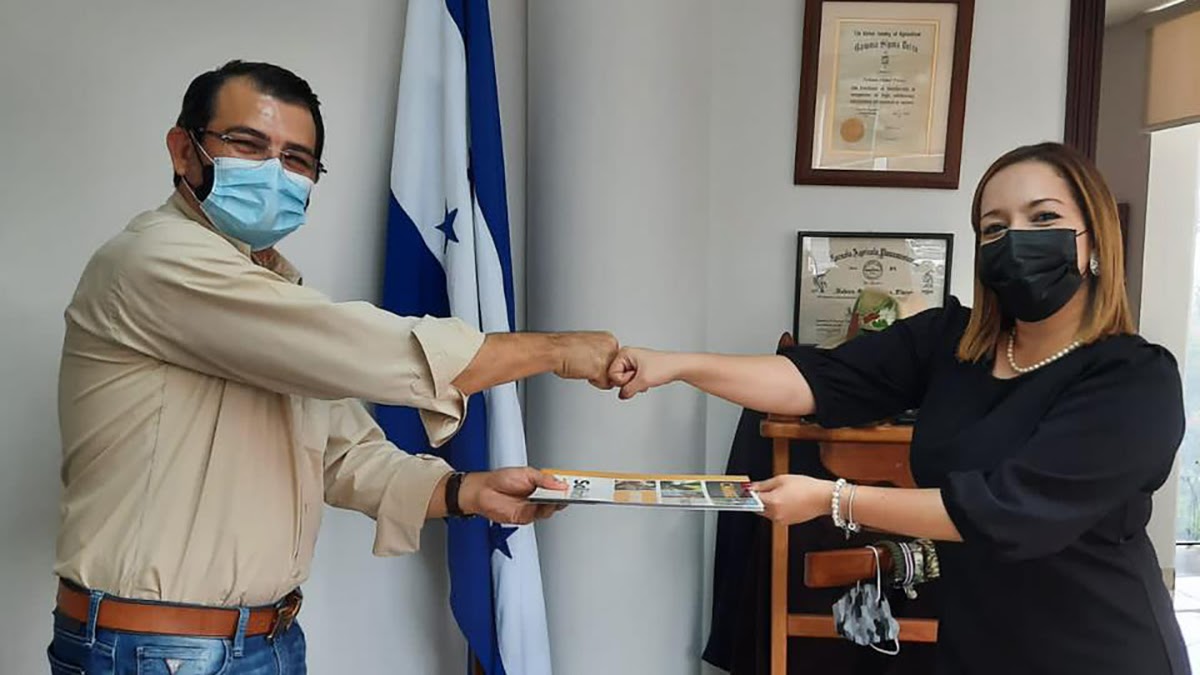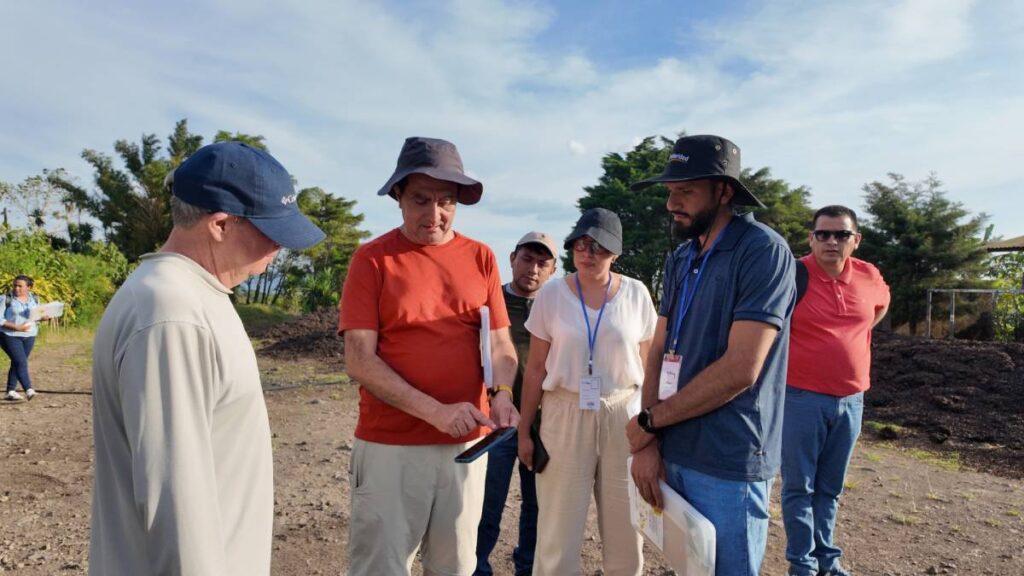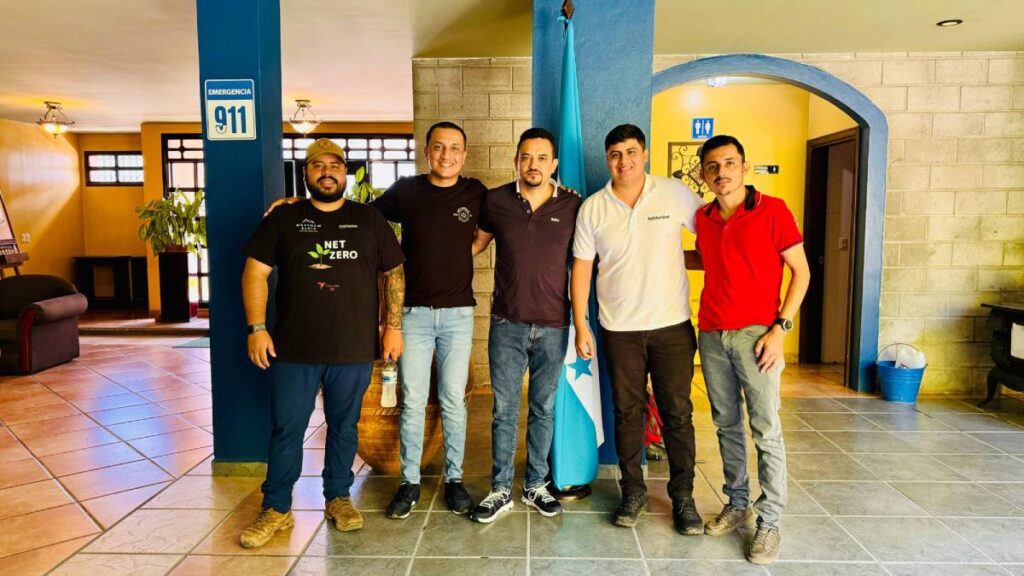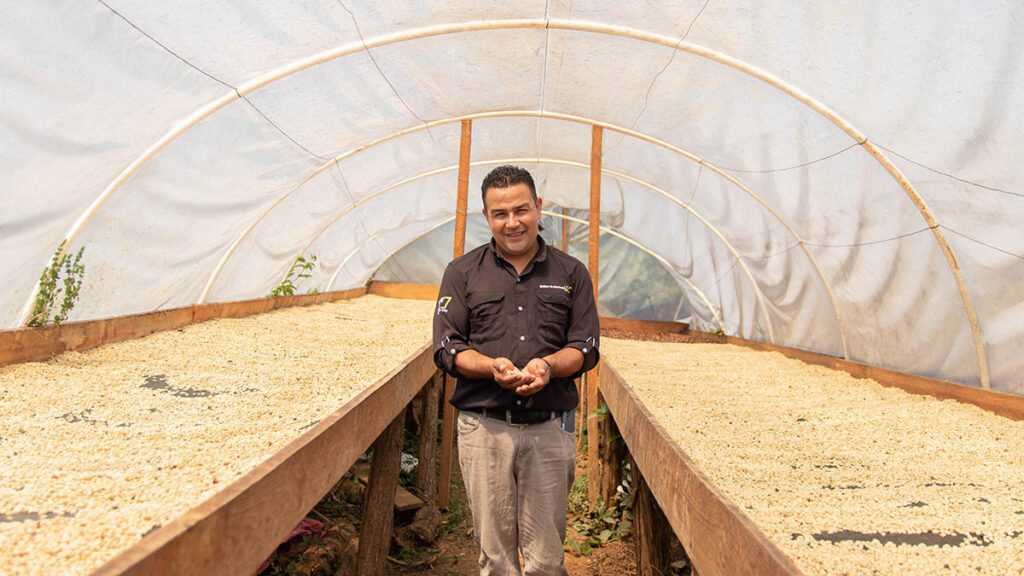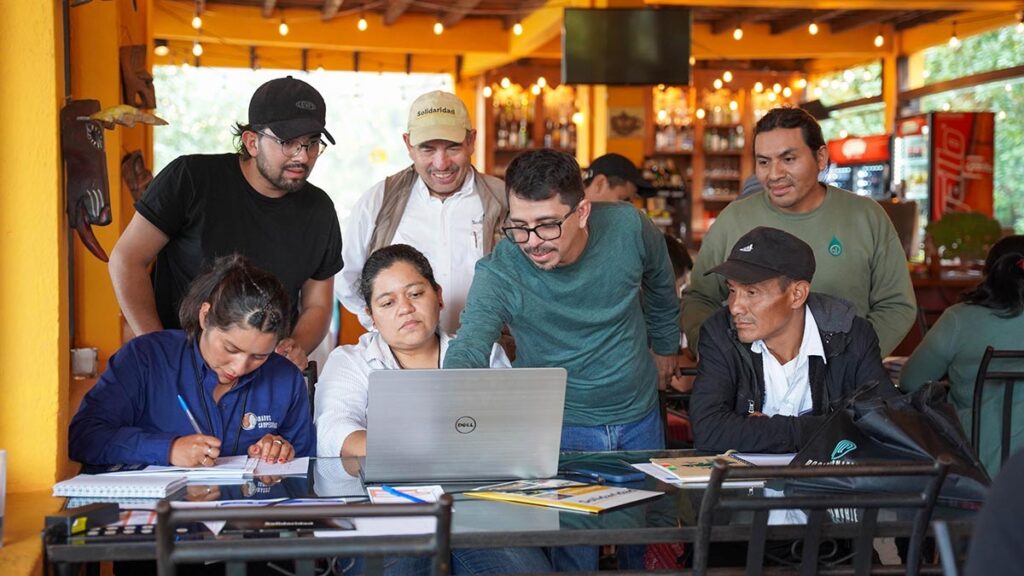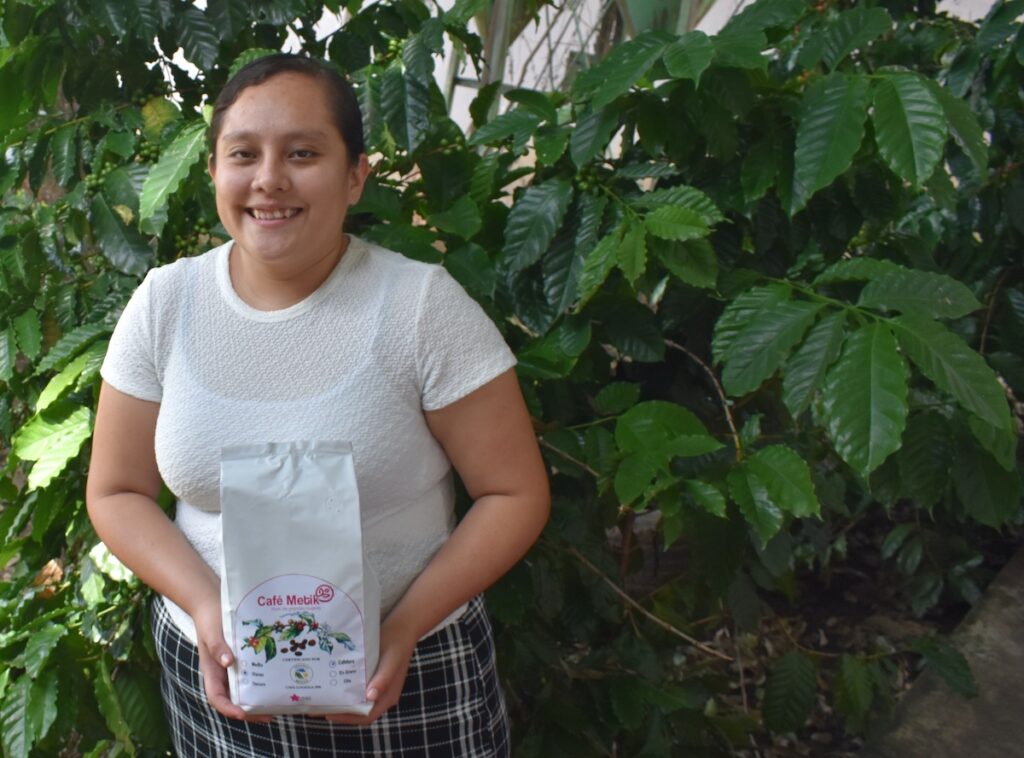Since April 2021, the gender policy is an official document presented by the National Coffee Council and published in the Official Gazette of the Honduran government. This approval by the Honduran government supposes initial actions for its implementation.
CONACAFE signs an agreement with Solidaridad to promote gender policy in Honduras
Solidaridad has been present in meetings with representatives of the National Coffee Council (CONACAFE) and attending appointments with representatives of various government dependencies to define next steps as well as the important role of the Alliance of Women in Coffee (AMUCAFE) and the National Institute for Women (INAM) in the process. On July 22, CONCAFE signed an agreement with Solidaridad to continue promoting the necessary actions for the implementation of the coffee subsector’s gender policy.
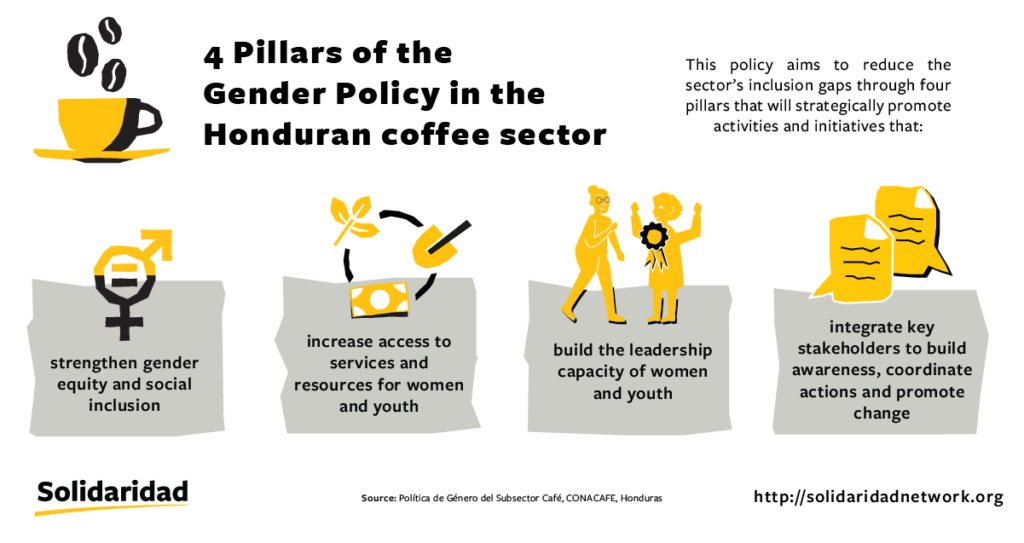
CONACAFE is a public-private institution that leads changes in the political, strategic and sectoral framework in Honduras, working with national and international partners such as Solidaridad, Rikolto and the Sustainable Coffee Platform of Honduras to seek sustainable solutions for all stakeholders in the sector.
“This is an important milestone for Solidaridad’s work in the coffee sector in Honduras. We are convinced that the support of the government and institutions such as CONACAFE is essential to expand our interventions”, said Sofía Núñez, Coffee Coordinator for Solidaridad Central America, Mexico and The Caribbean.
CONACAFE and other partners committed to taking actions for a sustainable chain
The gender policy theory of change includes in its objectives reducing inequality gaps for the participation of women and youth within the coffee subsector. CONACAFE is already taking important steps, such as the signing of this agreement with Solidaridad, to implement a strategy and generate the lines of action required to meet these objectives.
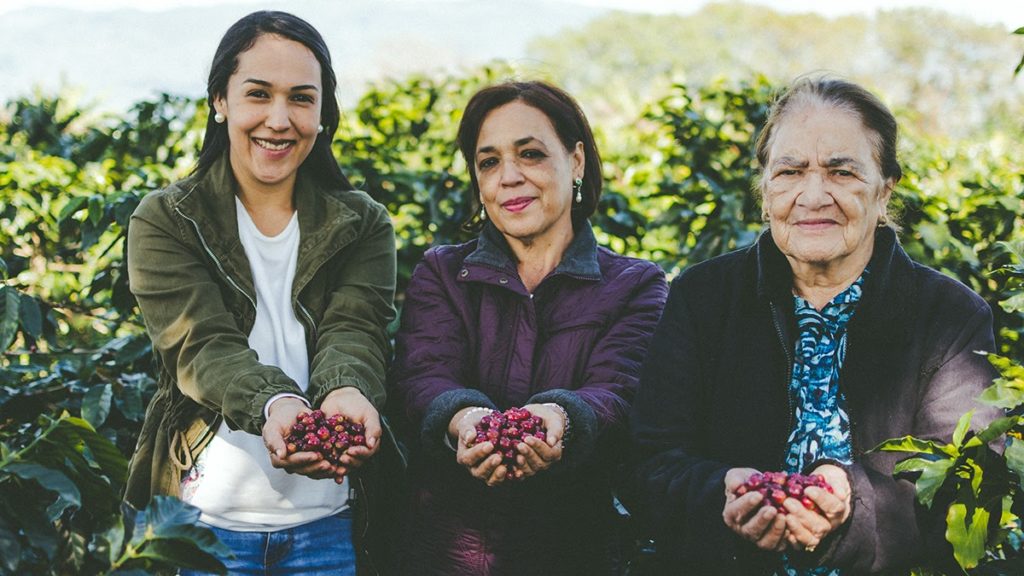
According to data from the Sustainable Coffee Platform of Honduras, the country is the fifth largest coffee exporter in the world, the third largest exporter in the American continent and the third producer in the Central American region. There is no doubt that coffee is a very important component for the honduran economy, since it is the main employer in the country. The inclusion of a diversity of actors throughout the entire value chain is one of the objectives of this policy.
“We are looking for resources to achieve everything that is reflected in the framework of public policy. For example, we recently signed an agreement to promote the topic of youth involvement in the sector. We are committed to promoting connections between generations of producers and workers and ensuring that young people are enthusiastic and prepared to take leadership both at the business level and within the institutional framework. We are sure that we will have the support so that women and young people can participate at all levels”, said Mr. Nelson Omar Fúnez.
At Solidaridad, we are committed to continue improving the participation of civil society to advance in the implementation of sustainability policies and standards that protect the environmental, social and economic rights of stakeholders in the value chain.
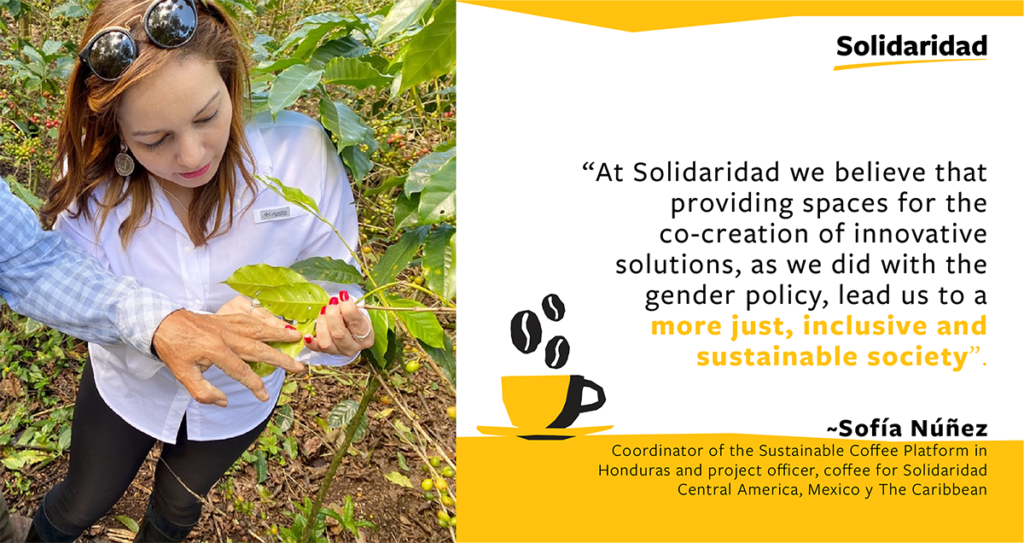
“I am proud to know that, together with Solidaridad and the Sustainable Coffee Platform, we continue to bring actors together to propose and develop innovative solutions that advance our objectives of forging a society that is aligned with the principles of sustainability and justice. The development process for the gender and inclusion policy was an inclusive, collaborative process where different stakeholders such as the government, civil society, producers and different actors of the coffee chain worked together to create the document and achieve its approval”, continued Sofía, who also works as part of the Facilitating Consortium of the Sustainable Coffee Platform in Honduras.
Our RECLAIM Sustainability! programme in Honduras will increase and maintain civic space, generating disruptive innovations and influencing agendas that will optimize the position of farmers and workers. In the coffee sector, it focuses on traceability throughout the value chain while promoting an inclusive and participatory dialogue for all stakeholders.
For more information
If you have questions about our work with the gender policy of the coffee sector or about traceability projects in the coffee value chain in Honduras, please contact Sofía Núñez

